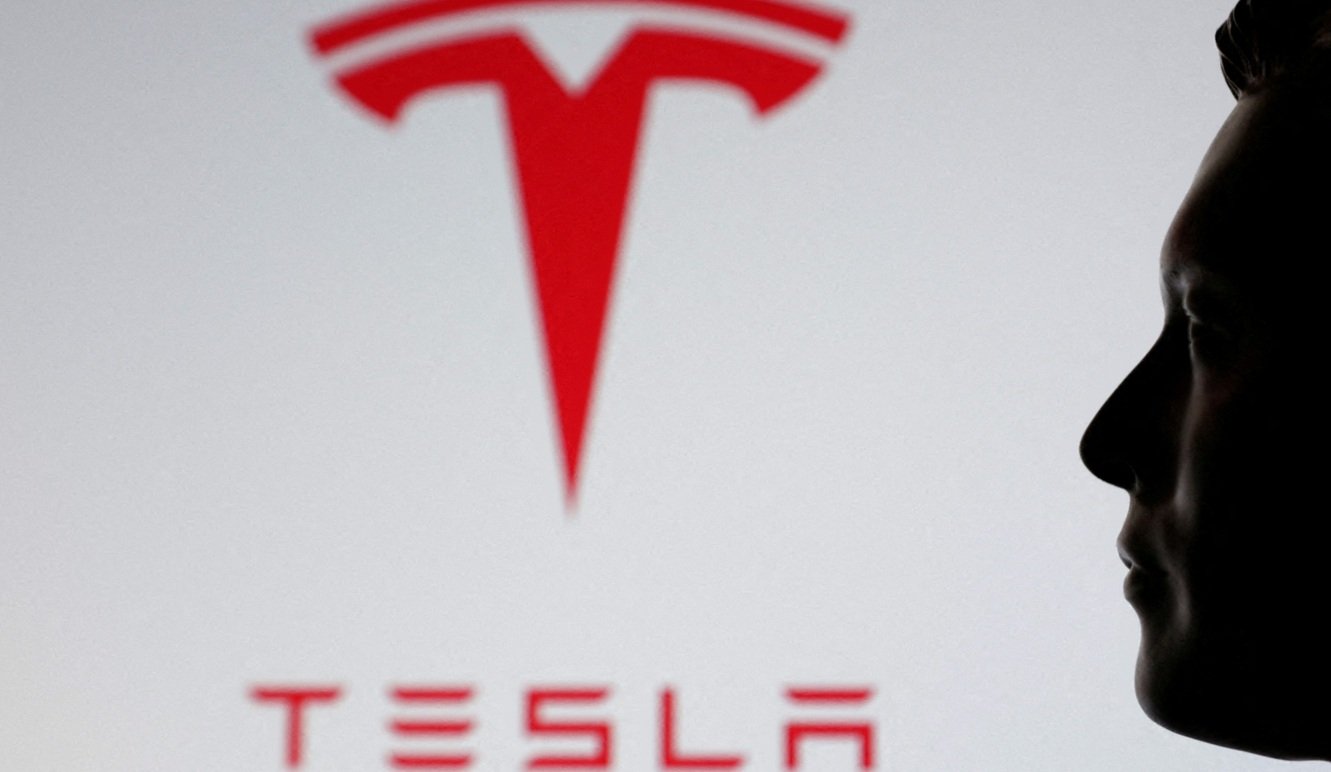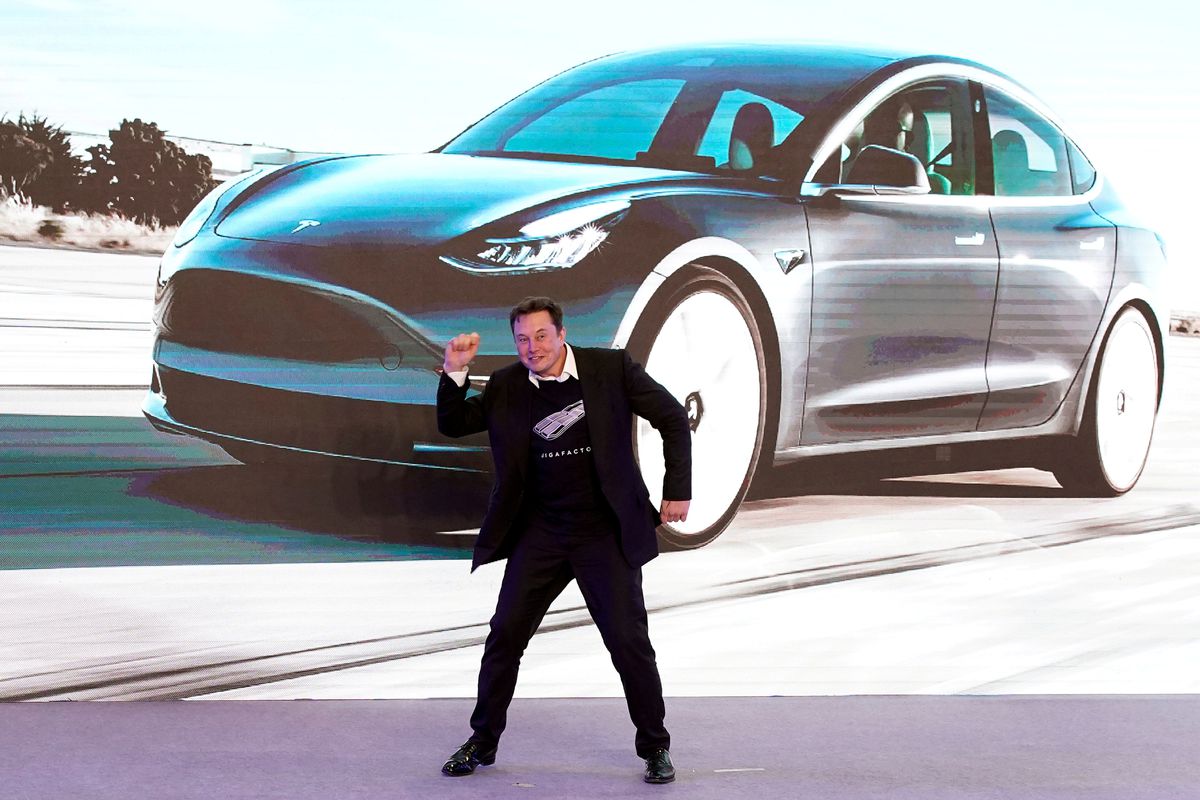The proposal for an astronomical, performance-based compensation package for Elon Musk—potentially valuing up to $1 trillion—has sent shockwaves through the corporate and financial world. If approved, it would mark the largest pay deal in corporate history, dwarfing even Musk's previous controversial compensation plan. Yet, this unprecedented offer arrives at a moment of profound paradox for the electric vehicle (EV) titan. On one hand, the reward is designed to secure the commitment of the world's most vital CEO; on the other, it implicitly acknowledges that the foundation of the company—its core EV business—is under significant strain, and the CEO's attention is dangerously elsewhere.

For years, Tesla was synonymous with the EV revolution. It commanded an almost monopolistic position in key markets. However, recent data paints a picture of intense competitive erosion. In the U.S., Tesla's domestic market share has dramatically plummeted from an 80% high to just 38% as of August 2025. This downturn is not due to a consumer retreat from electric mobility; the overall U.S. EV market is booming, hitting a record 9.9% of total new car sales. Instead, the alarming trend confirms a harsh reality for the company: Tesla is rapidly losing ground to traditional automakers and emerging EV specialists who are finally catching up.
The market deterioration is even more pronounced internationally. The crucial European market has seen registration declines for Tesla reaching troubling levels, including a 47.7% drop in France, a staggering 84% plunge in Sweden, and a 42% decrease in Denmark in August. Coupled with nearly 18 months of flat sales growth globally, this stagnation of the core product—which accounted for 90% of Tesla’s revenue and 94% of its gross profit in 2024—serves as a massive red flag. The stock price, despite a recovery earlier in the year, continues to reflect investor unease, registering a drop of over 11% year-to-date. Tesla’s long-celebrated "money-printing machine" is clearly operating below capacity.

It is against this backdrop of fundamental business risk that the board proposed the historical $1 trillion package. The reason, laid bare in the company’s proxy statement, is startlingly candid: the pay deal is necessary to stop Musk from "prioritizing other projects." This admission reveals the profound challenge Tesla faces in the Musk multi-verse.
The numbers illustrate the problem perfectly. Musk holds approximately 13% of Tesla's shares, valued at around $140 billion. While an immense fortune, his holdings in his private enterprises are rapidly eclipsing it. His 42% stake in SpaceX is estimated to be worth approximately $170 billion, and his controlling interest in the AI startup xAI could exceed $100 billion, potentially making the combined value of his private company stakes nearly double his Tesla equity. Since these private entities are not subject to public shareholder scrutiny and are experiencing explosive, rapid growth, they have naturally become the new center of gravity for Musk’s ambition and wealth.

The $1 trillion compensation is thus less a payment and more an unprecedented retention fee, a complex set of performance stock options designed to anchor the mercurial CEO back to Tesla. The goals attached to the 12 tranches of the reward are nothing short of monumental and must be met over the next decade: increasing the company’s market capitalization to an eye-watering $7.5 trillion, delivering 12 million electric vehicles, and achieving critical milestones in its nascent AI, Robotaxi, and Optimus humanoid robot projects. Failure to at least double Tesla’s value will result in him receiving nothing.
This high-stakes gamble is directly tied to Musk’s strategic pivot outlined in the recently announced "Master Plan 4." Acknowledging the saturated EV market, Musk is attempting to reclassify Tesla from an automaker into an artificial intelligence and robotics powerhouse. He has confidently asserted that the Optimus humanoid robot could eventually account for 80% of Tesla’s overall value. This bold repositioning is a necessary, albeit speculative, maneuver to maintain the "hyper-growth" narrative that attracts investors. It is a tacit acknowledgment that the EV race alone is no longer compelling enough.
Ultimately, the battle for Tesla is not against established automotive competitors like Ford or BMW; it is a desperate fight for the attention of its own leader. The board’s $1 trillion proposal is a colossal bid to ensure that when Musk gazes into his cosmos of companies, the Tesla star shines the brightest. The success of this package—and perhaps the long-term viability of Tesla as a dominant market force—depends entirely on whether a trillion-dollar price tag can secure the singular focus of a mind now preoccupied with Mars and global AI dominance.
